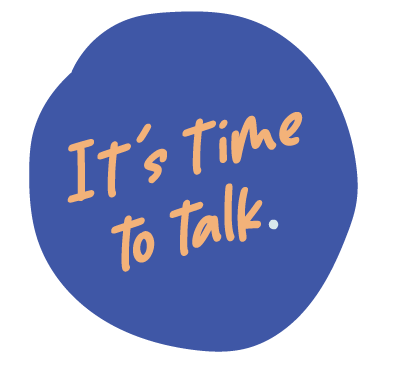Drugs, alcohol and abuse
Drugs, alcohol and abuse
Many young people experiment with drugs and alcohol. This may be because their friends and peers are doing it, or because they see family members doing it. Often it’s a way to escape or relax. Sometimes it’s a way to feel more socially confident and easier to fit in.
Regardless of the reason, alcohol and drugs alter the way our minds and bodies work. This plays a strong role when it comes to relationships and violence. Drugs and alcohol lower our inhibitions and increase the likelihood of taking risks and making bad choices. This might include hooking up with someone you wouldn’t normally choose or engaging in unprotected sex. The younger you are, the lower tolerance you have for alcohol and drugs, and the greater the impact. There is no safe level of alcohol for people under the age of 18.
It is your choice whether to drink or take drugs. But be aware that for partners who are abusive or violent, alcohol and drugs can increase the severity and frequency of their violence.
People negatively affected by alcohol and drugs are more likely to become:
Adapted from Teen Dating Violence
People being subjected to violence by their partner or a family member may also turn to or increase their use of alcohol or drugs as a way of coping with their experience. This can increase their vulnerability to violence.
If your partner or a family member is using substances and you feel unsafe, then call a trusted friend and remove yourself from the situation. If your partner is displaying violent or abusive behaviour, and is putting your safety at risk, then call the police. You have a right to be protected and safe.
For more information on alcohol and drugs, see the Kids Helpline and the National Framework for Action to Prevent Alcohol Related Family Violence







